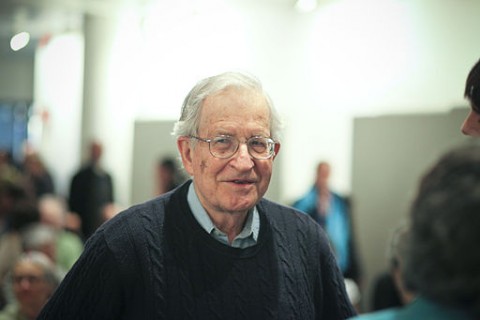Like films by the Marx brothers, Airplane! creates a feeling of giddy, exuberant anarchy by hurling a non-stop barrage of jokes at you. It is the sort of movie that viewers risk hyperventilating from laughing so much. Yet among the all gags and one-liners — “I picked the wrong week to stop sniffing glue.”– possibly the most memorable is the famous jive talking bit. You can watch it above.
The gag features two African American guys speaking with each other in an impenetrable patois of jive. Later, one of the guys — the characters are simply credited as First Jive Dude and Second Jive Dude — is suffering from a stomach ailment. When the stewardess can’t understand what they are saying, Barbara Billingsley – A.K.A. June Clever, A.K.A the whitest lady on the planet – stands up and starts to talk to the guys in fluent jive. It’s a jarring and hilarious moment. Jim Abrahams and David and Jerry Zucker, the writers and directors of the movie talk, about that scene below.
“The whole notion for jive dialogue originated from when we saw Shaft,” said Abraham. “We went and saw it and didn’t understand what they were saying. So we did our best as three nice Jewish boys from Milwaukee to write jive talk for the script.”
During the audition, Norman Alexander Gibbs and Al White, old high school friends, delivered a spot on exchange in jive. They were immediately cast as First Jive Dude and Second Jive Dude respectively. “We had to apologize for what we had written,” said David Zucker.
“We came up with the individual dialogue in the movie,” said White. “They wanted jive as a language, which it is not. Jive is only a word here or a phrase there.”
“We actually created a language,” said Gibbs.
“I was sent the script and I thought it was the craziest script I’ve ever read,” recalled Billingsley in an interview you can see below. “My part wasn’t written. It just said I talked jive. I met the producer and I said I would do it. I met the two black fellows that taught me jive. … It wasn’t hard for me to learn.”
Thanks to Erik R. for sending this our way.
Jonathan Crow is a Los Angeles-based writer and filmmaker whose work has appeared in Yahoo!, The Hollywood Reporter, and other publications. You can follow him at @jonccrow. And check out his blog Veeptopus, featuring lots of pictures of badgers and even more pictures of vice presidents with octopuses on their heads. The Veeptopus store is here.



